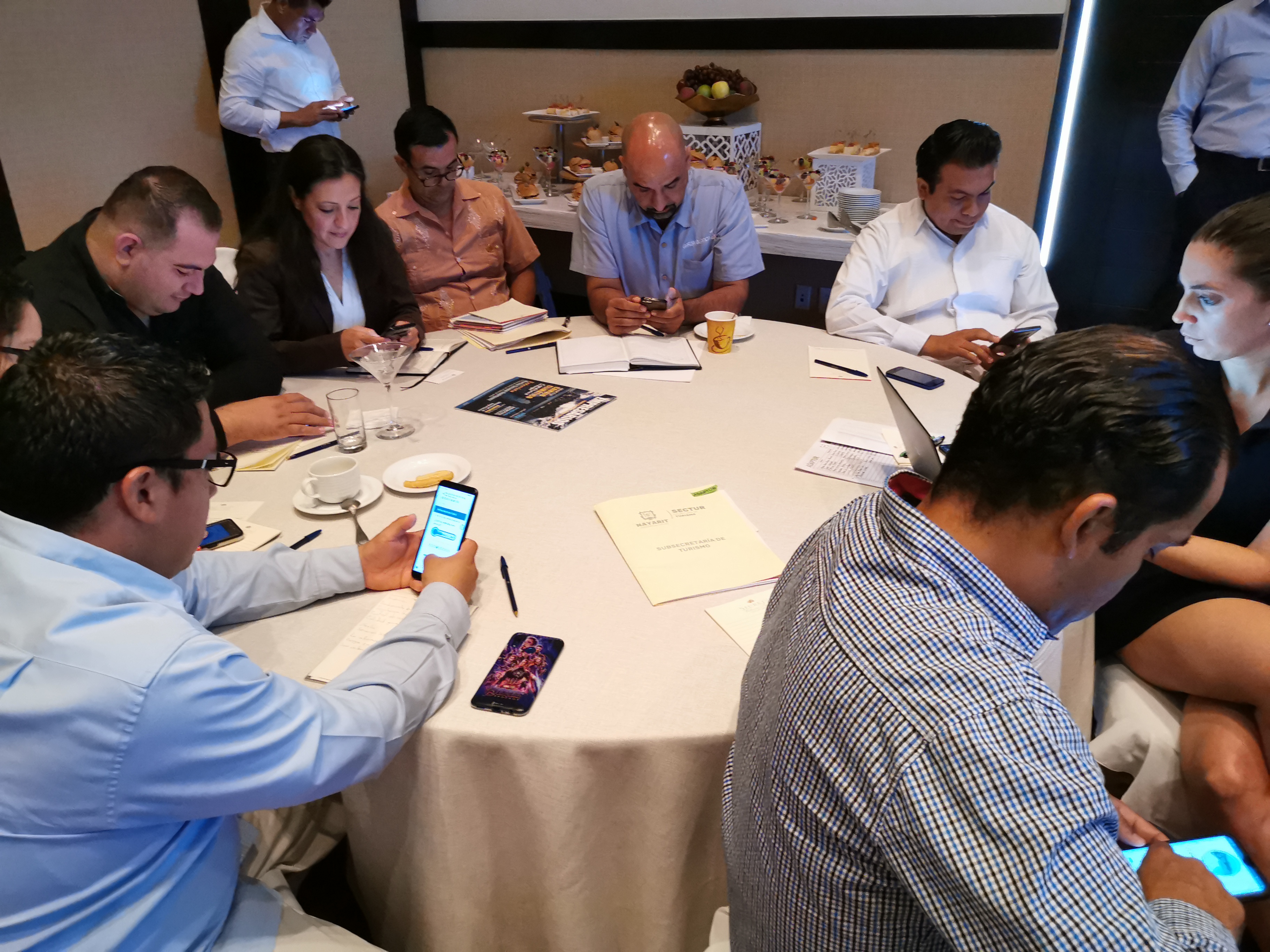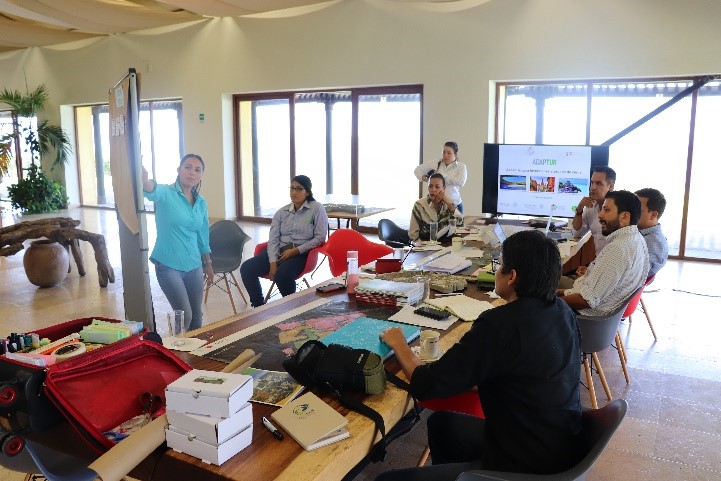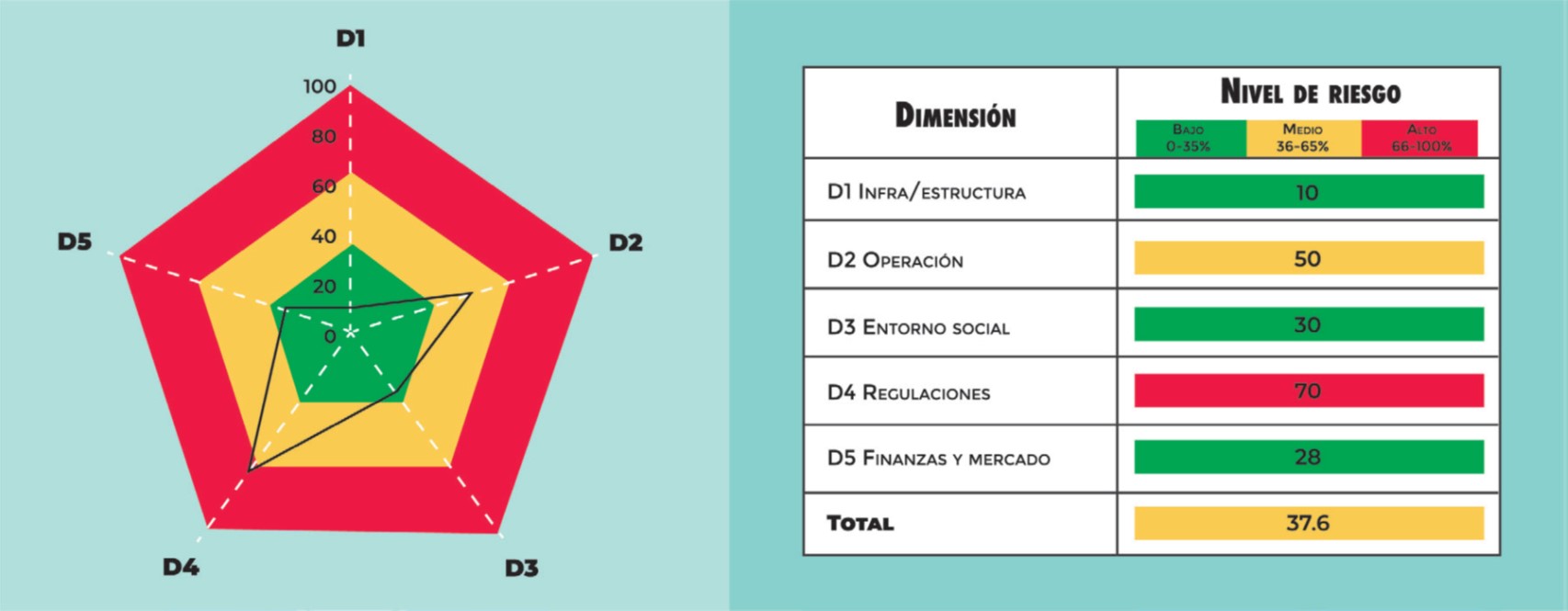



Traditionally, climate change has been conveyed as an environmental and scientific concept. But since its impact on industries and productive sectors has become more and more apparent, there is an urgent need to better understand the economic dimension of climate change and its financial risk for the decision-making of the private sector.
Translating environmental risks into business risks also helps to draw the private sector's attention. Therefore, the project ADAPTUR performed an economic risk assessment in three of its project destinations to calculate the future costs of climate change for the tourism industry. Additionally, a handbook on climate-proof investment was published, which was developed with inputs and participation of the private sector, especially during the design of methodology. One of the conclusions was that adaptation would be a good investment because by making businesses more resilient to climate change, it is possible to reduce their future costs.
- Translating environmental terms into business language: e.g., vulnerability = business risk; ecosystem = nature capital, etc., helps the private sector to get your message.
- Link climate change impacts to business risks and opportunities: since companies understand their business best, this should be very participatory.
- Understand how the private sector works: consider existing business processes as part of your solution.
- Create trust: involve private sector representatives from the beginning, be transparent in decision-making, and have clear expectations.
- Understand business concepts (return on investment, business case, economic risk, etc.) and the way of thinking (time is money, resources are limited, etc.) when engaging with the private sector. It helps to include a member with private sector background in your team.
- Since industries have established business processes, it is essential to develop compatible solutions. In Mexico, new investments in tourism infrastructure follow a strict process. Therefore, ADAPTUR developed improvements easy to integrate into the existing process.
- The private sector has its own tools and methodologies (scenario modeling, risk assessment, cost analysis, etc.). In many cases it is better to build upon those tools instead of introducing a new methodology unknown to the industry.
- The private sector may consider specific data or information as sensitive, including financial data and specific project results because they may affect a company's reputation in its market. It is therefore important to have a mutual understanding of the information that is confidential or sensitive. Confidentiality agreements may help to formalize this understanding.